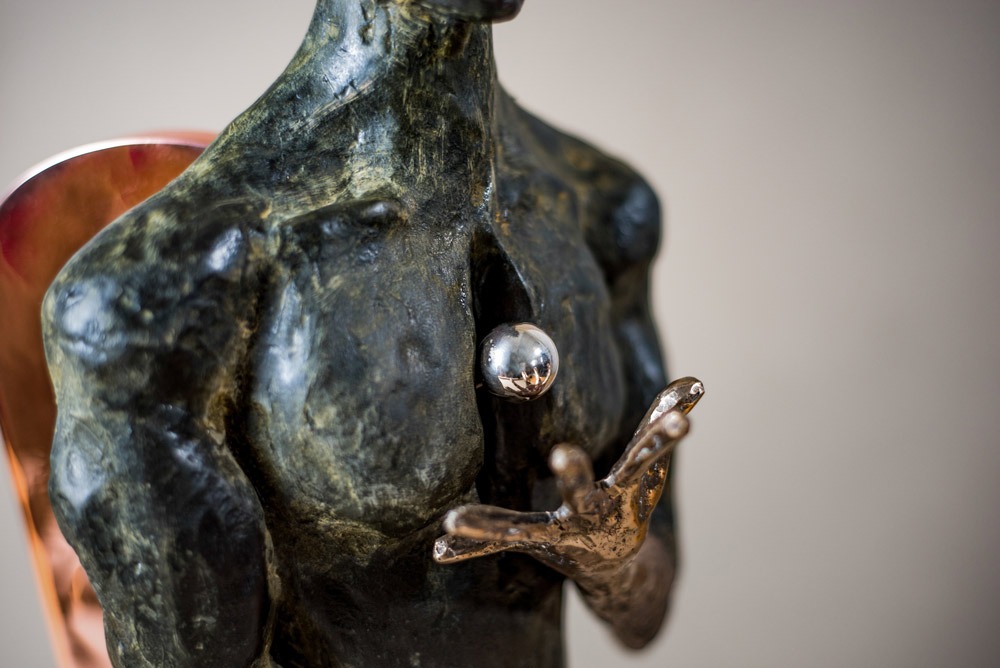
bell hooks was my gateway into theory. Discovering her as a teenager was life changing, or clarifying. While her influence knew little bounds, perhaps her core message was the existential need for a love ethic. At this time of year, as we are encouraged to privatize love, hooks’s message is more relevant than ever.
We are at a point where we are pretty good at deconstructing domination. What we are at the edge of, or in need of leaning, is what we are reconstructing into. hooks points the way when she writes in All About Love, “Values: Living By a Love Ethic,” that the antidote to domination is a love ethic. In fact, hooks places these at extreme opposition to each other when she writes, “Domination cannot exist in any situation where love ethic prevails…All the great social movements for freedom and justice in our society have promoted a love ethic” (98).
hooks is talking about love as a social, not an individualistic, pursuit.
What does love as a social pursuit look like?
- “Choosing to work with individuals we admire and respect”
- “Committing to give our all to relationships”
- “Embracing a global vision wherein we see our lives and our fate as intimately connected to those of everyone else” (87,88; emphasis added)
More concretely, a love ethic offers us a set of values by which to live.
- “give care”
- “be responsible”
- “show respect”
- “indicate a willingness to learn” (94; emphasis added)
Though these values sound harmless, living them requires courage and commitment.
hooks notes that one of the core challenges to a love ethic is “refusal to stand up for what you believe in,” which requires “moving through fear” (90, 91). However, she warns that this refusal “weakens individual morality and ethics as well as those of the culture” (91).
Sign up for our free newsletters
Subscribe to NPQ's newsletters to have our top stories delivered directly to your inbox.
By signing up, you agree to our privacy policy and terms of use, and to receive messages from NPQ and our partners.
Fear is instilled by the status quo in order to discourage change. hooks writes,
Fear is the primary force upholding structures of domination. It promotes the desire for separation, the desire not to be known. When we are taught that safety lies always with sameness, then difference, of any kind, will appear as a threat. (93)
hooks extols us to study “the development of love,” as it is “the only sane and satisfactory response to the problem of human existence” (91).
But how do we do this? hooks offers us three ways to develop love:
- Choose to connect, to find yourself in the other
- Learn from communities organized around love
- Organizations that don’t know how to organize around love would “hire consultants who would provide the necessary insight.” (93-99)
Imagine that, the love consultant!












